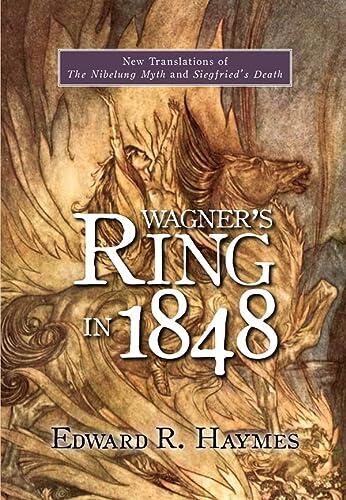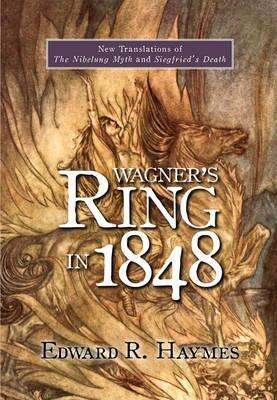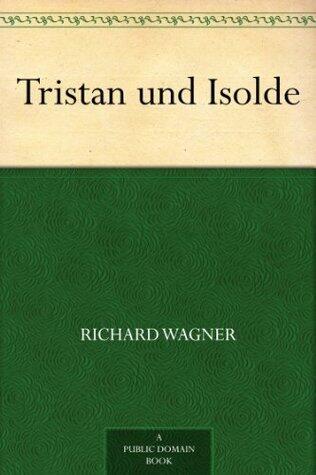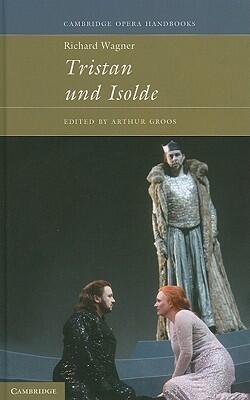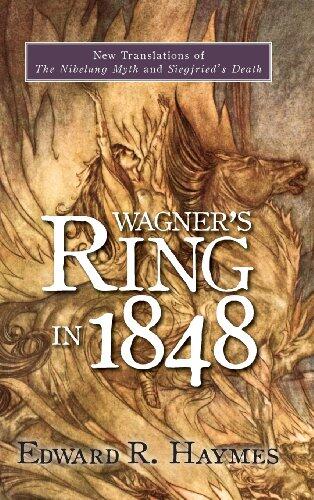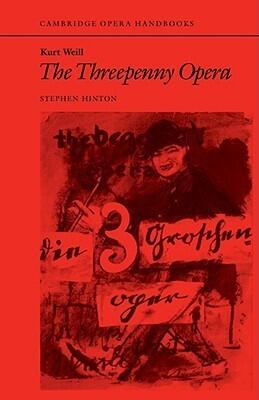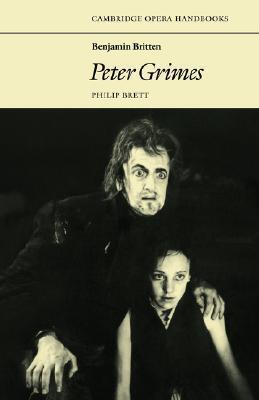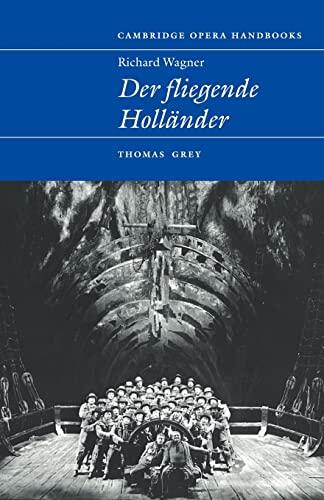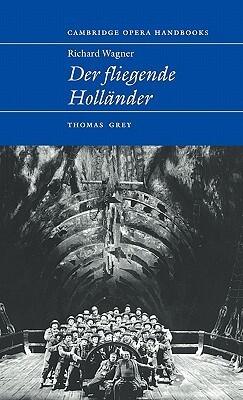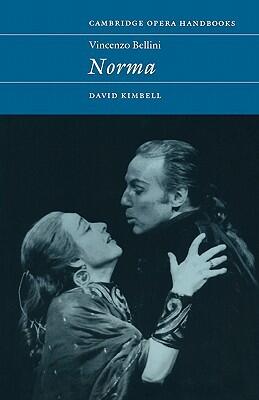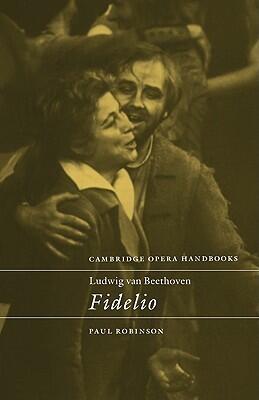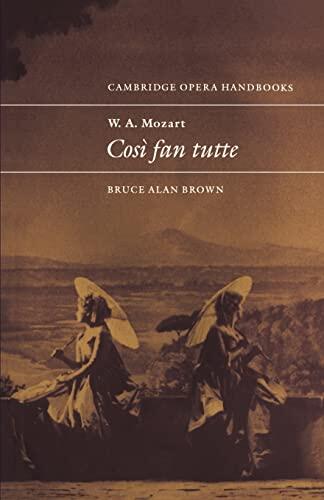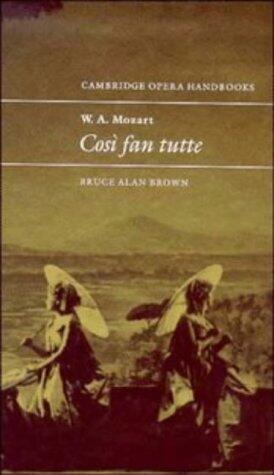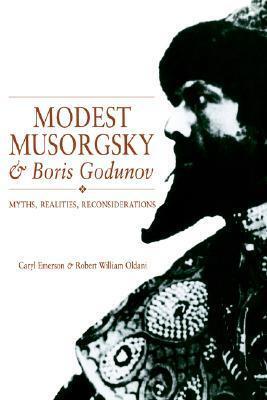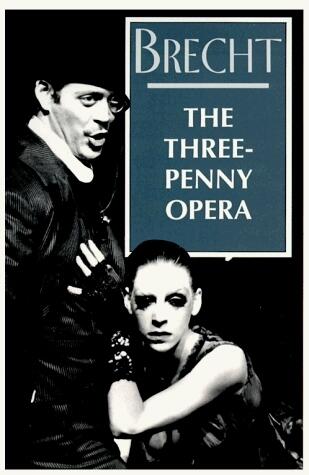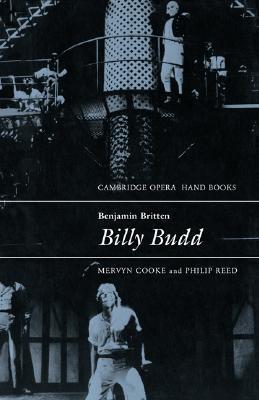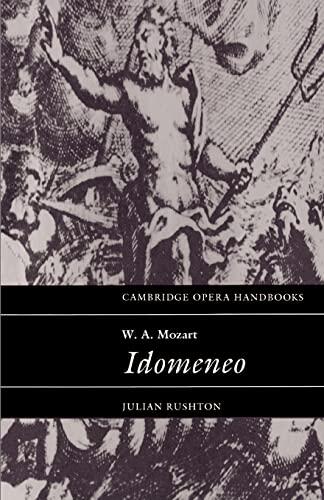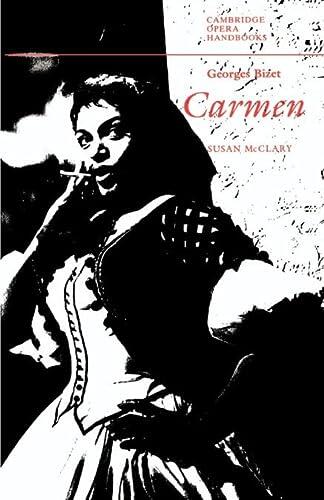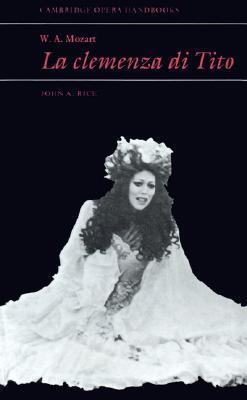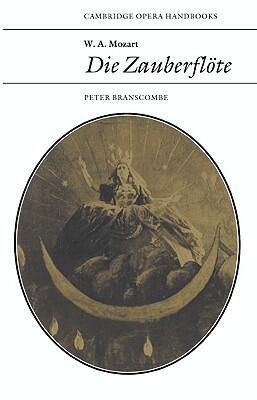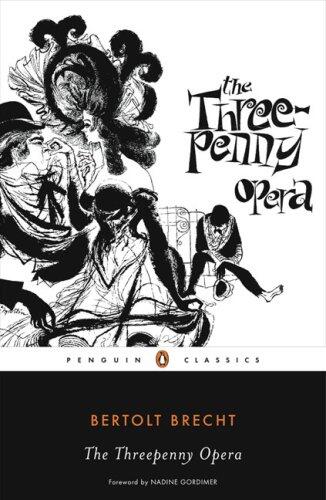
The Threepenny Opera
por
Bertolt Brecht
Aún sin calificaciones
Poetry
Formato
Tapa blanda
Páginas
176
Idioma
Inglés
Publicado
Dec 18, 2007
Editorial
Penguin Classics
Edición
unknown
ISBN-10
0143105167
ISBN-13
9780143105169
Descripción
Set against the backdrop of a gritty, post-World War I Berlin, the narrative unfolds a cabaret of debauchery and betrayal. At its heart is Macheath, a charismatic antihero whose entanglements with a motley crew of thieves, beggars, and societal outcasts paints a bold portrait of the underbelly of urban life. Brecht masterfully interweaves themes of capitalism and morality, inviting readers to reflect on the complexity of human nature and societal structures.
The characters are vividly drawn, each representing different facets of society, from the scheming Polly to the cynical Peachum. Their interactions, often laced with humor and tragedy, expose the hypocrisy inherent in both the criminal and bourgeois worlds. Through his innovative approach, Brecht challenges traditional storytelling, employing song and satire to emphasize the societal critiques embedded within the narrative.
Brecht's use of alienation techniques disrupts the audience's emotional engagement, urging them to think critically about the events unfolding before them. This unconventional style not only entertains but also provokes deep philosophical questions about justice, power, and survival amidst chaos.
As Macheath maneuvers through a landscape rife with corruption and betrayal, readers are led on a journey that is as provocative as it is entertaining. The Threepenny Opera transcends its time, offering insights that resonate with contemporary issues, making it a timeless exploration of moral ambiguity and societal flaws.
The characters are vividly drawn, each representing different facets of society, from the scheming Polly to the cynical Peachum. Their interactions, often laced with humor and tragedy, expose the hypocrisy inherent in both the criminal and bourgeois worlds. Through his innovative approach, Brecht challenges traditional storytelling, employing song and satire to emphasize the societal critiques embedded within the narrative.
Brecht's use of alienation techniques disrupts the audience's emotional engagement, urging them to think critically about the events unfolding before them. This unconventional style not only entertains but also provokes deep philosophical questions about justice, power, and survival amidst chaos.
As Macheath maneuvers through a landscape rife with corruption and betrayal, readers are led on a journey that is as provocative as it is entertaining. The Threepenny Opera transcends its time, offering insights that resonate with contemporary issues, making it a timeless exploration of moral ambiguity and societal flaws.
Reseñas
No hay reseñas aún
Sé el primero en reseñar este libro y compartir tus pensamientos
Añadir Primera ReseñaRegistro de lectura
No se encontraron registros de lectura
Empieza a rastrear tu progreso de lectura para ver los registros aquí
Agrega tu primer registro de lecturaNotas
Registro de transacciones
No se encontraron registros de transacciones
Empieza a rastrear tus transacciones de libros para ver los registros aquí
Agrega tu primer registro de transacciones